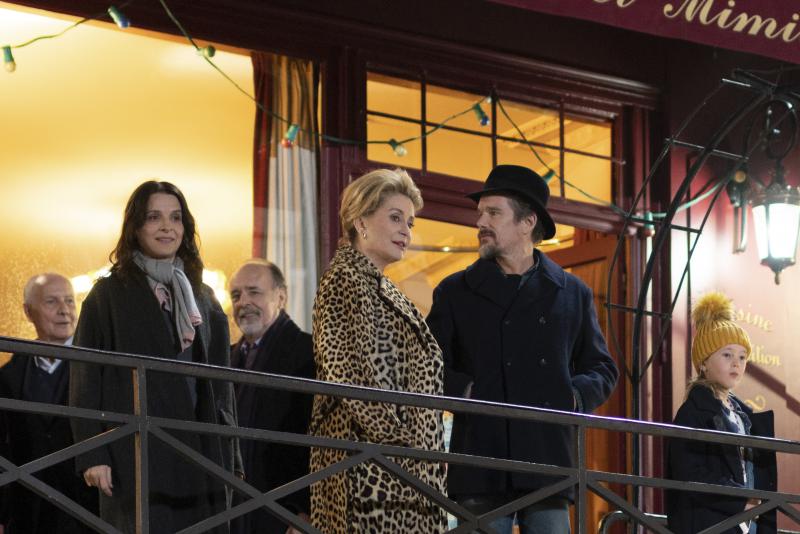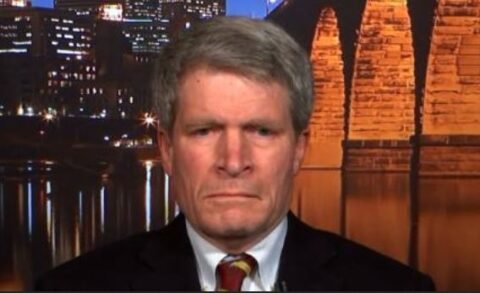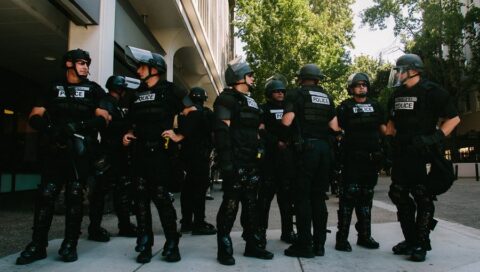The Truth opens in Paris, but not the monumental Paris of the Eiffel Tower or the Champs Elysees. The story takes place at one house, a big house, with enough trees and grass around it to insulate it from the city. Through the trees, you can glimpse a bus passing on a busy street. In winter, the city will be more visible and louder. For now, though, it’s a protected space for a family to get on each other’s nerves about the stuff that French movie families annoy each other about, and actual families experience with maybe less drama. The house, by the way, needs paint and work on the masonry exterior. Behind the house, there’s a prison – all of this part of the uneasy setting.
The Truth feels like a quintessential French film. It’s packed with self-indulgent characters making nasty observations about everyone, all filmed with a quick French-style restlessness.
There’s an actress grandmother (the legendary Catherine Deneuve) and her screenwriter daughter (equally legendary Juliette Binoche) with her actor husband (the American Ethan Hawke) and their young understandably confused daughter. The adults take plenty of shots at each other. Hawke says his career as an actor may be taking off — and there is a sneer in Deneuve’s voice as she repeats the French word for actor.
Family memories and rancor are hard enough to sort out, but when you add in three creators of fiction, who knows what’s true and what’s imagined. All through the film, these makers of stories are writing their fictions, or rehearsing lines or remembering old dramas, both actual and fictional. But for screenwriters and actors, what they write and the characters they play are plenty real for them. And what takes place on screen also holds reality for the audience – for us. And this is the shifty, fascinating world of The Truth.
Another layer of truths is that this very French-feeling movie is the work of the masterful Japanese filmmaker Hirokazu Kore-Eda, working in a country foreign to him. In a sense, The Truth is typical of Kore-eda’s Japanese films. It’s about a family facing relatively common problems of daily life, meaning no space people, superheroes, or explosions. It’s also Kore-eda’s way to uncover the fundamental ambiguities of life. He doesn’t much care about heroes or villains; he’s an observer who sees into the complications of how people relate to each other, how they hold back truth or avoid doing what needs to be done or get stuck in their ways.
In The Truth, though, Kore-eda seems immersed in French ways. Fabienne that actress grandmother, is far nastier and abrasive, and entitled, than any of Kore-eda’s Japanese characters. She grouses that the tea is either too tepid or too hot – not a chance she’ll ever make her own. She directs loud contempt for the poor aggrieved longtime housekeeper, and she’s been denigrating her daughter Lumir, probably since the girl was born.
The house looks like the big house of dozens of French films where too many people cram together with unhappy results. It’s a grand country house gone a bit shabby, so Kore-eda gives a new dimension to an old pattern of French movies. The Truth doesn’t offer a picture of the frivolous nature of the rich and their assumptions. Instead, these characters can’t figure out reality. Every shot in the film contains compromises and complexities.. You want to hate Fabienne for her ego-mania, but she’s still interesting and smart. So is the dynamic of this dysfunctional family because it leads ever deeper into the mysteries of how people get along with each other, and what finally may be true in our world. Although, at the end the daughter asks what true – and there’s no answer.




